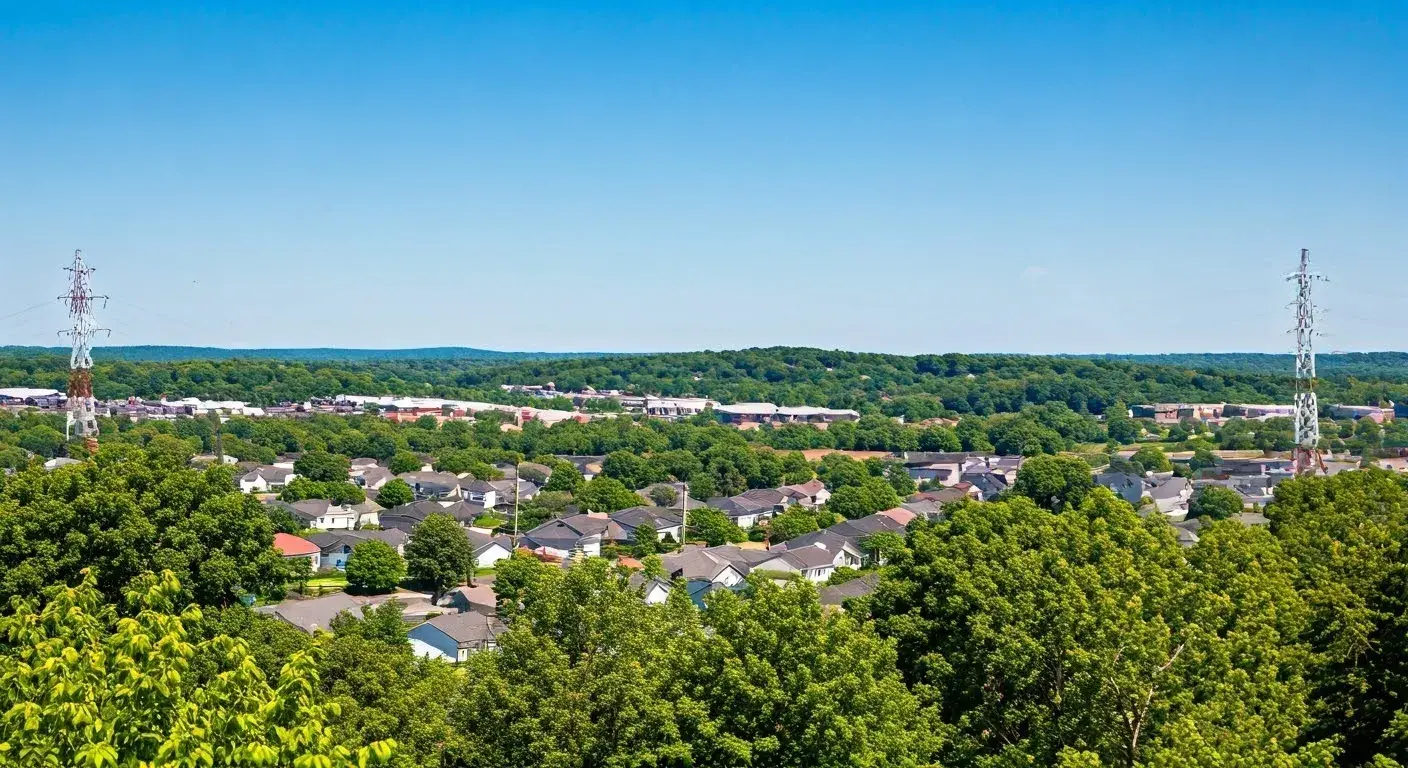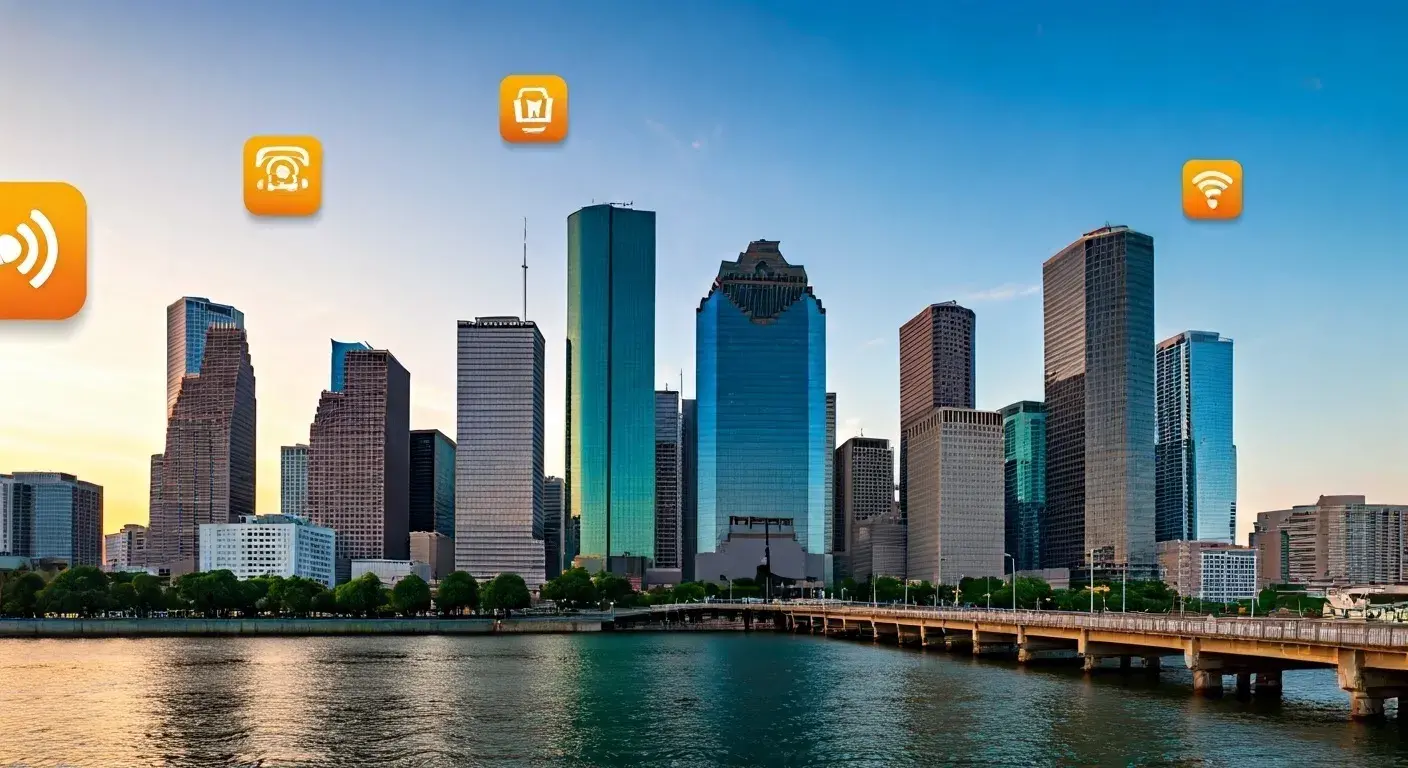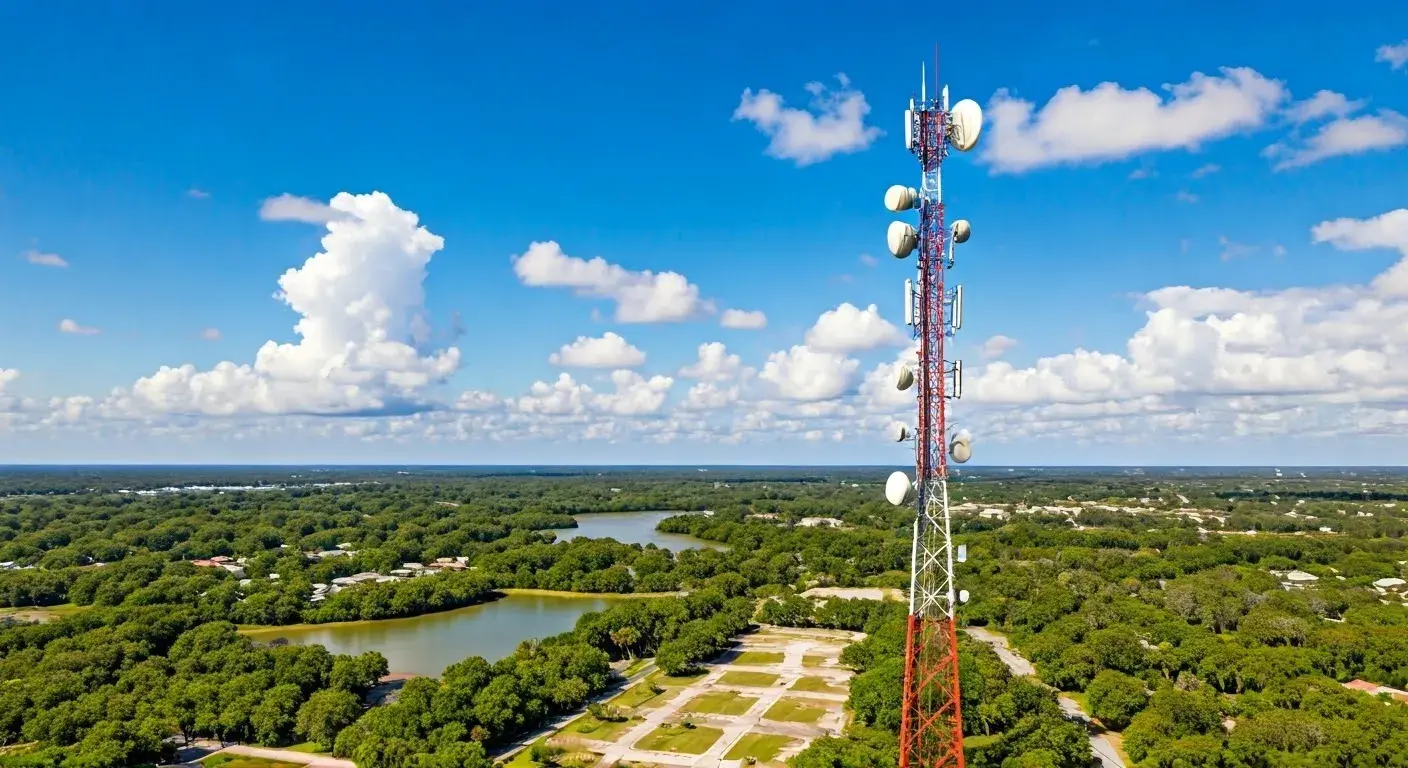
A proper and high-speed internet connection at home has become a necessity in people’s lives in the present day. It has become a central tool in completing work, attending school, interacting with people, and even entertaining others daily. Selecting the right internet service provider (ISP) for your home is very important and should win your research on the speed, reliability, customer service, and cost that suit you best. Below are the outlined tips that can help anyone who wants to know the considerations when comparing ISPs and the best way to find the right one to use at home.
Know Your Options
The first step is to learn about the ISPs and the different connection types that are offered and reachable from your location. Most areas will have 2-3 main broadband internet options:
- Cable internet relies on a similar physical medium as cable television: coaxial cables. Frequently, it is much faster than DSL as cable plans provide the Internet connection with the rate of 50 Mbps-1 Gbps depending on the location and service. Some of the well-known cable Internet service providers are Comcast (Xfinity), Charter (Spectrum), Cox, and Cablevision (Optimum).
- DSL technology uses telephone lines, and the Internet speeds do not go beyond 100 Mbps or so for any of the significant providers. The primary DSL suppliers across the United States include AT&T, Frontier, and Windstream. At the same time, speed availability is associated with your geographical proximity to the phone service equipment.
- High-speed internet involves the use of fiber optic cables to transmit data, the internet speed being as fast as 1Gbps. Fiber is currently the fastest wired internet connectivity but it’s still a relatively new offering that is not yet widely available in many areas. Providers such as Verizon Fios, AT&T Fiber, and Google Fiber are already in the process of bringing the technology to more households as quickly as possible.
- Fixed wireless transmit internet signals over the air from special towers to antennae mounted on the roof of homes. It is possible to achieve download speeds of 25 to 50 Mbps on average. Fixed wireless services are provided by regional ISPs who have affiliates with major ISPs to offer internet services mostly in regions with little cable and fiber infrastructure.
- Satellite internet transmits signals from satellites in orbit directly to tiny dishes installed on homes. Free and available almost everywhere but latency and data caps can be somewhat limiting. HughesNet and Viasat are some of the most prominent satellite internet service providers.
Understand Speed Needs
If you have an idea of what is available, then determine, as a household, what download speed is required from an ISP in terms of usage. Most web users can make do with about 25-75 Mbps for web surfing, streaming, and limited connections. Many of the internet plans available at the current time provide minimum speeds of 100 to 200+ Mbps to adequately support more usage by the average to heavy users, in terms of streaming, smart gadgets, and video conferencing. Determine your speed needs with the help of an Internet speed requirement calculator.
Compare Provider Speed Data
Every ISP advertises the maximum or the ‘up to’ speeds, and these are not usually what you get in reality. It needs to be understood that relying on the stated speed prospects might be quite misleading. Confirm usual speed capacities in the region based on data collected from independent users on sites such as Speedtest.net. This provides a better representation of the speeds likely to be obtained at certain times of the day due to the efficiency of the network and the traffic load. Additionally, contact providers concerning speed assurance when in need of certain requirements like high definition broadcast or gambling online.
Assess Price And Fees
Price will also be another criterion that will greatly influence the determination of the most appropriate internet service provider for households. There are additional factors which are planning comparisons based on monthly plan prices only, total amount to be paid over 6 months, 12 months, or 24 months, setup charges, modem charges, data usage charges, or going for early termination fees. Many ISPs provide relatively cheap rates in the first twelve months and significantly raise the prices in the next twelve months if no new agreement is made. Another way of determining internet cost with the least amount of money is through the use of the internet cost per Mbps, which depends on the speed tier plans.
Check Additional Features
Take a broader view of each ISP’s offerings that could sway your choice one way or another:
- Package deals if you also need TV and/or home phone service
- WiFi equipment: Array of devices, Security equipment.
- Limitations of the amount of data to prevent shocks if you are a planned user of the Internet
- Customer service reputation: The quality of its service to customers and support service in case of assistance.
- Pricing constraints such as price freezes and early disconnection measures if you may transfer
Weigh Pros And Cons
Organize providers based on speed, reliability, and prices and create an internet provider comparison worksheet. You should assign the scores in categories that would be of most importance to you such as the satisfaction levels of the customers or total monthly and long-term expenses. This can help in distinguishing between the cheaper plans which come with slow Internet speeds and the faster plans which, however, may come at a premium but are considerably cheaper than many other Internet service providers. Make sure that, comparing at least two options, you realize what you get and what you are ready to sacrifice for choosing one ISP instead of another.
Investigate Availability
Finally, when you have selected one or two providers that are the best in your opinion, make sure the selected provider services your home address. Although your ISP can be in your neighborhood, not all the plans provided are available to each area because of network facility proximity concerning network facility capacity. It is recommended that you check the address and verify whether the plan you want is available from each of the providers you are considering by either going online or calling. Some rural areas can still have no or poor internet connection implying that the only type that is available to consider is satellite or fixed wireless.
Selecting the right internet service provider is a trade-off of what is essential in aspects like speed, reliability, customer relations, and cost. Consider all factors that are relevant to the extreme decision in proportion to how you utilize the internet and budgets. Dedicate the time to do the most appropriate comparison for the best long-term internet plan. Capacity should be the last parameter to be considered when choosing the most suitable service provider for your household.
Ready to experience fast, reliable internet? Call us now at (855) 210-8090 to find the best internet service providers near you. Don't miss out on incredible speeds and exceptional service—contact us today!
Read More:
What Company Is the Best Internet Provider?
What Internet Provider Has the Best Upload Speed?
What Is the Best Fastest Internet Provider?
What Is the Best Fiber Internet Provider?
What Is the Best High Speed Internet Provider?






